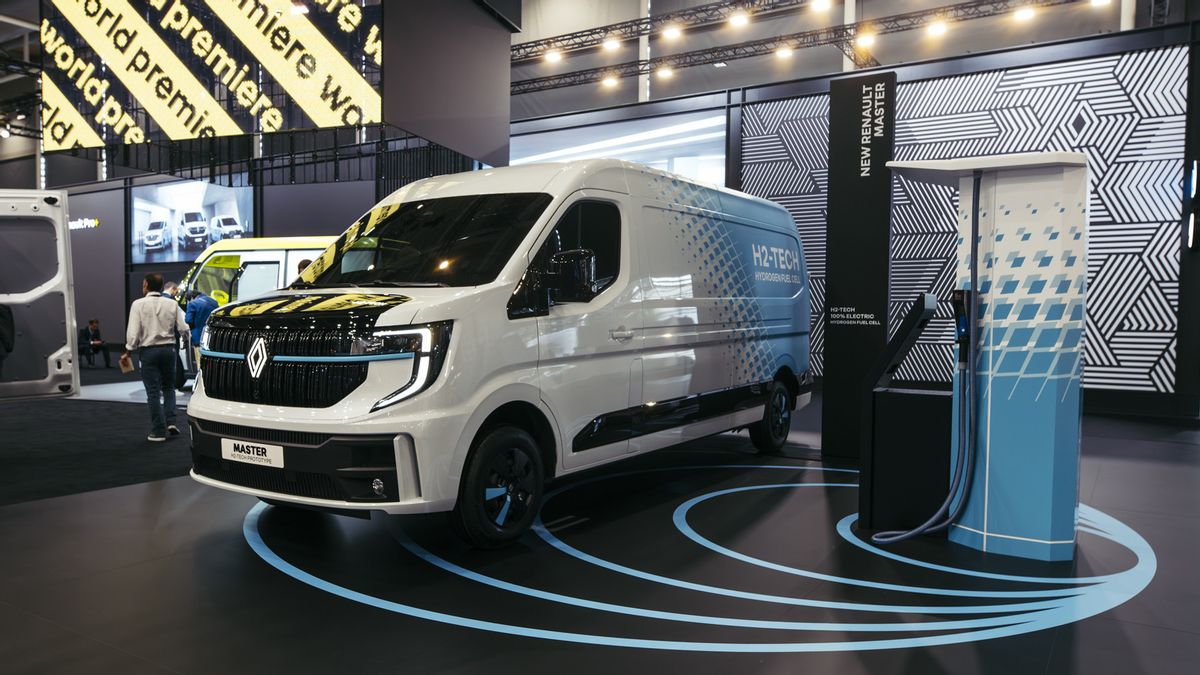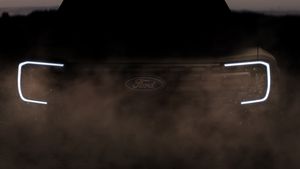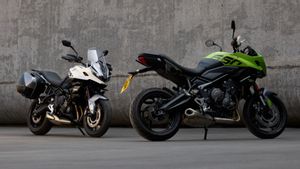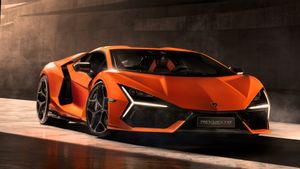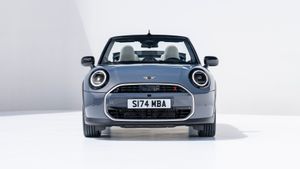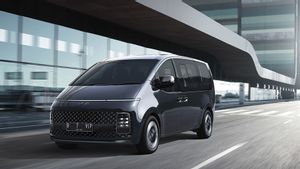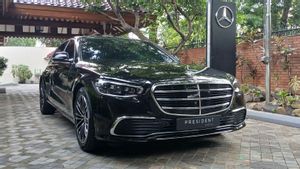JAKARTA Hydrogen is increasingly in the spotlight as fuel for the future, not only for passenger cars but also for commercial vehicles.
One of the newest innovations comes from Renault via the Master H2-Tech Prototype, which stole the show while on display at the IAA Transportation in Hanover, Germany some time ago.
Starting at the end of next year, Master H2-Tech will be produced at the Renault Group plant in Batally, France, and widely marketed by Renault. This project is an important milestone in utilizing hydrogen as alternative fuel, especially for commercial vehicles such as trucks, which have been a major contributor to carbon emissions.
Launching Autocar, Wednesday, November 20, this prototype was developed by Hyvia, a joint venture between Renault and Plug, a fuel cell specialist from the United States. Not only creating hydrogen-powered vehicles, but Hyvia also designed a network of hydrogen-filling stations called Hywell which will be deployed throughout Europe.
Hywell is a smart solution to support the hydrogen ecosystem. This charging station is modular and can be moved, so it is easy to install without the need for large infrastructure. One station is able to supply up to 100 kg of hydrogen per day, enough to fill more than 20 vehicles.
Hywell's presence not only supports vehicle operations such as Master H2-Tech, but also accelerates the construction of the hydrogen network needed for the future of environmentally friendly transportation.
SEE ALSO:
Renault Master H2-Tech offers a range of up to 435 km (WLTP) with charging times as fast as a gasoline or diesel car. This vehicle carries a dual-power' architecture, which is a combination of 47 kW of fuel cells and 20 kWh of batteries.
The fuel cell system works by converting hydrogen into electrical energy through a chemical process. Hydrogen is broken down in anode into protons and electrons. Protons pass through thin membranes to merge with oxygen from air, produce water and heat as a byproduct. Meanwhile, electrons flow through the circuit, giving power to electric motors.
The main advantages of this system are fast charging capabilities, long range, and driving experience that is equivalent to pure electric vehicles (BEV).
The Hyvia system even utilizes the heat produced by fuel cells to heat the vehicle cabin, increasing energy efficiency. Hydrogen is stored in a high-pressure tank below the vehicle floor, with a capacity of 7.5 kg or 9 kg depending on the need for travel distance.
The English, Chinese, Japanese, Arabic, and French versions are automatically generated by the AI. So there may still be inaccuracies in translating, please always see Indonesian as our main language. (system supported by DigitalSiber.id)
